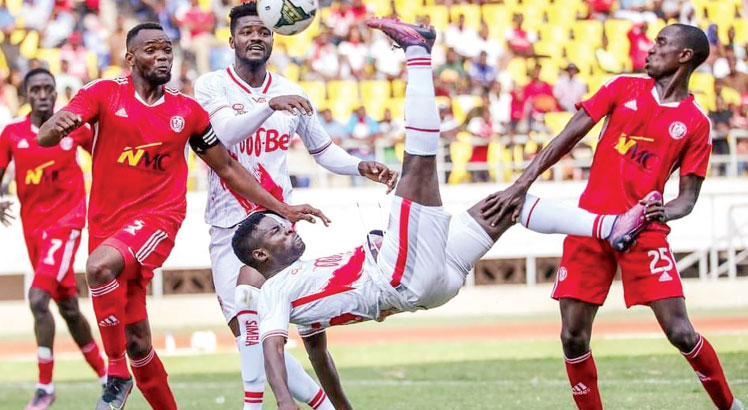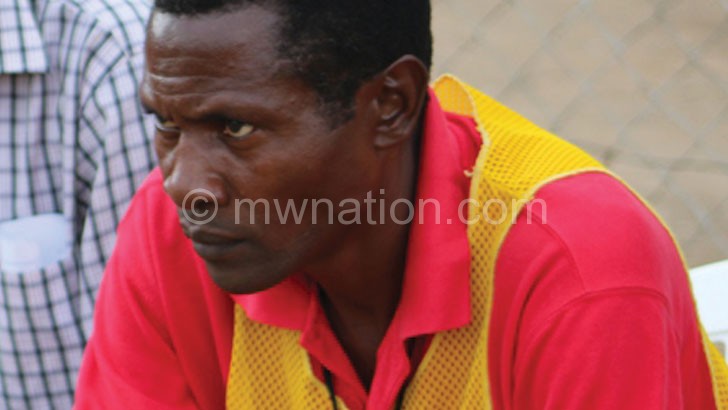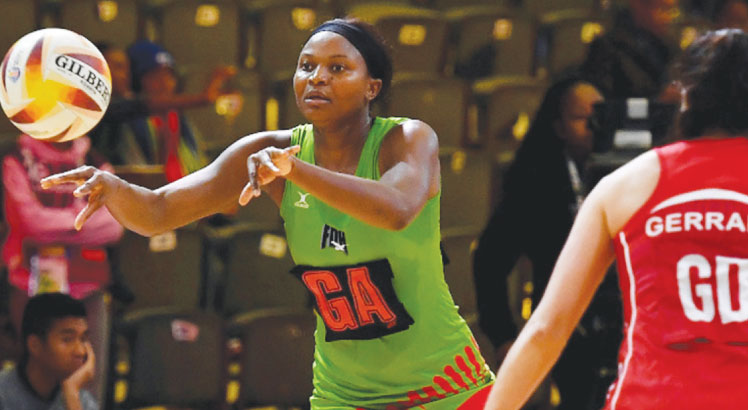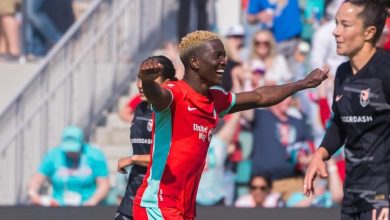Malawi football development woes exposed
 Malawi Under-17 national soccer team coach John Kaputa has expressed disappointment that the cream of the 2008 Under-17 national team that made history by qualifying for the Africa Youth Championship and the Fifa Under-17 World Cup has failed to properly graduate to senior levels of the national teams.
Malawi Under-17 national soccer team coach John Kaputa has expressed disappointment that the cream of the 2008 Under-17 national team that made history by qualifying for the Africa Youth Championship and the Fifa Under-17 World Cup has failed to properly graduate to senior levels of the national teams.
The team was tipped to be the future of the Flames, but five years down the line, only three players, Robin Ngalande, Limbikani Mzava and Gastin Simkonda have graduated to the senior team.
Kaputa claims that his developmental ideologies have not been supported.
“I am disappointed that out of the 35 players that were part of that historical campaign, only three are part of the senior national team, while the majority are nowhere to be seen,” he said.
A Nation on Sunday survey and Kaputa himself could not trace the whereabouts of 17 players who were part of the group.
The rest of the players are scattered in the Super League and regional leagues although most of those in the top-flight league are struggling for game time.
The development just exposes the failure by the country’s football authorities to manage proper transition of players from one level to another.
“After the World Cup, my technical report to Football Association of Malawi (FAM) indicated that we should take the whole group to the Under-20 and then move it to the Under-23.
“I suggested training camps for the team for the players to stick together, but never got any support from FAM. It is very frustrating to see all that effort being wasted,” he said.
He blamed the situation on FAM’s deliberate effort to concentrate on the senior team and ignore junior national teams regardless of the results the youth get.
“There were times we were in camp together with Flames as we prepared for the World Cup finals while they prepared for friendlies and they [Flames] got preferential treatment, yet we were going for a major tournament.
“Flames go for players in the Super League without any international experience at junior level and as a result, they fail to perform.
“We continue to ignore exposing the youngsters with international experience already. If we managed to keep the youth teams together, we could not have been struggling to replace veterans in the Flames,” said Kaputa who also took the Under-20 national team to the CAF Youth Championship finals in 1999 in Ghana.
Soccer analyst Charles Nyirenda said the problem lies in the mentality of getting quick results.
“We want to get results today without investing yesterday and not thinking about tomorrow. We need a brave approach and stop thinking of winning now and look at the future.
“If you look at the past, the team Kaputa took to Ghana in 1999 is the one that matured together playing in many other junior competitions and guided us to the 2010 Africa Cup of Nations; that’s almost 10 years later. But now we have abandoned the channel,” he said.
Esau Kanyenda, Peter Mponda, Fischer Kondowe, Elvis Kafoteka, Allan Kamanga, Swadick Sanudi, Peter Mgangira, Hellings Mwakasungula, Maupo Msowoya, who were part of the Angola 2010 Afcon squad came from the Under-20 of 1999.
FAM technical subcommittee head Moses Mkandawire said they have been forced to focus less on national junior sides due to lack of resources; hence, hiccups in transition.
“National team resources come from government and due to limited funds we are made to make choices and we now focus on Under-17 and the senior national team only.
“There is no longer focus for the under-20 and under-23 teams and that is why the Under-17 doesn’t have a chance to move together as a group to under-20 and U-23 respectively.
“The idea is that after Under-17, clubs will help us expose those players and we will get them at the senior level because we can’t sustain the groups and it is beyond our control because national teams are the responsibility of government,” he said.





